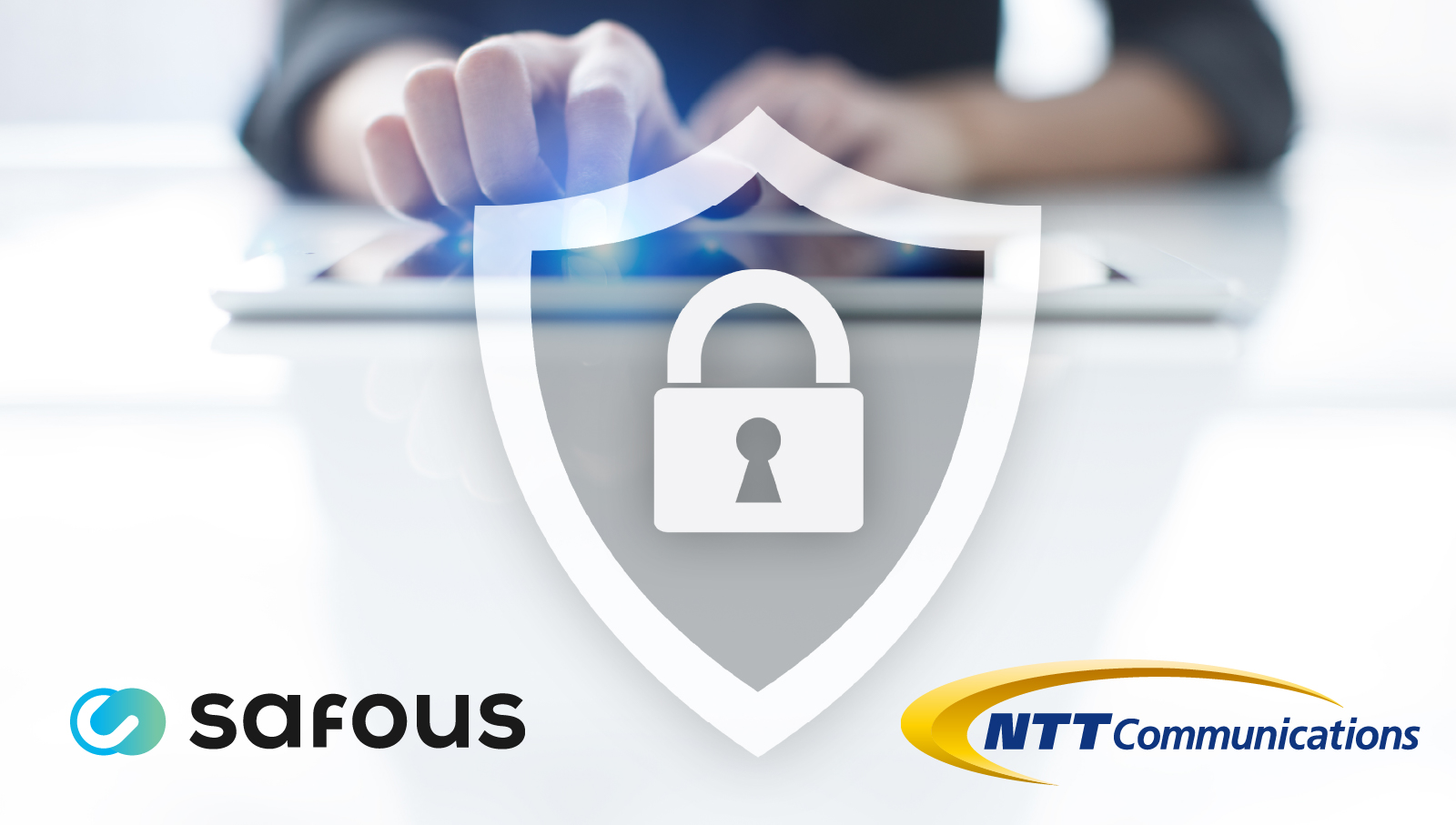With 83% of employers saying they’ve successfully transitioned to remote work,1 it’s clear that work-from-anywhere environments have become a permanent fixture for U.S. businesses. Remote workplaces boast several benefits for employers and employees alike, but they have also become a prime target for cyber criminals. Studies show an additional $1 million is lost on average in data breaches where remote employees are a factor,2 so securing geographically-dispersed staff is a top priority for many business leaders.
As cyber threats targeting remote environments rise, more organizations are moving from legacy cybersecurity solutions to adopt zero trust network access (ZTNA). In this blog, we’ll discuss how ZTNA secures remote workplaces and how you can start using zero trust to protect your corporate network today.
ZTNA Requires Continuous Identity Authentication
Virtual private networks (VPNs) allow implicit trust based on variables that can be spoofed, such as location, devices, or one-time access, which means a hacker can easily trick a VPN into allowing them access to the network any time they choose.
The zero trust architecture requires each user, device, and application attempting to access your network or data to pass an authentication test – not once, but every time. This continuous identity authentication offers greater protection against cyber attacks, like social engineering where malicious parties gain an employee's trust with network access through fake emails or other means.
With ZTNA, hackers who obtain or spoof authentication information will be prevented from spreading malware, as additional authentication is needed any time they try to move throughout the corporate network.
ZTNA Protects Potentially Unsecured Endpoints
Remote workers aren’t accessing company resources from within the confines of the corporate firewall. Often, they’re using potentially unsecured home or public WiFi networks, likely exposing your network to more attack vectors than your IT teams have the resources to address.
ZTNA reduces the surface your users have access to, bolstering endpoints by granting access to only the systems and information authorized at any given time. If a malicious party manages to gain access over an unsecured WiFi network, they won't have free range to your corporate resources.
If you’re interested in learning more about securing your remote or hybrid workforce with ZTNA, download our free white paper today. This white paper provides an informative overview of the zero trust security framework, its capabilities, and what to consider when transitioning to zero trust.
ZTNA Provides Flexible, Scalable Security
Legacy security technologies like VPNs are designed to meet the needs of an on-premise workforce. Because these technologies are hardware-based, they are difficult to scale and unsuitable for cloud-based operations.
ZTNA operates within the cloud, so it moves beyond the traditional network perimeter to encompass your entire remote workforce. It also uses identity-based segmentation for remote access, assessing workload and application identities to determine if network access should be allowed and decrease the risks posed by unsecured endpoints.
ZTNA Centralizes Security Management
With ZTNA, administrators have centralized control of the company’s access policies across the entire network. This makes implementing new policies easier for your IT team and ensures consistent policy enforcement across the corporate network.
Since your IT teams can configure authentication and authorization policies at the application level, they can also deploy additional security tools like multi-factor authentication from one centralized location.
Why Is ZTNA Better Than VPNs for Securing Remote Workforces?
Gartner predicts that 60% of enterprises will transition from remote access VPNs to ZTNA by 2023,3 and it’s no wonder why. VPNs offer poor performance, especially if your business supports remote workers or relies on cloud-based applications. All network traffic is backhauled through the corporate LAN, so too many employees accessing the network at once often results in high latency and laggy connections.
Once a user is authenticated using ZTNA, there isn’t any more traffic delivered through the internal network. Rather, your employees access company resources directly from the cloud, reducing traffic jams and preventing frustrating lag.
VPNs also fail to deliver the granularity of ZTNA. Once a hacker breaches the VPN perimeter, they can access the entire network. In contrast, ZTNA offers secure, granular access that improves both security and the user experience – no matter where your employees are located.
Secure Your Remote Workforce With ZTNA From Safous
ZTNA solutions are quickly replacing legacy technologies as the standard in remote access security. As the way of work continues to shift toward remote and hybrid work models, zero trust security delivers the network protection, performance, and scalability businesses need to safeguard their ever-expanding network edges.
We built our Safous Zero Trust platform to provide a safe path to corporate network resources for all work environments. Whether your employees are on-site, remote, or hybrid, they'll always have secure, easy access to mission-critical data and applications. Ready to get started with ZTNA? Request a free demo today to see Safous in action.
Sources:
Receive the latest news, events, webcasts and special offers!
Share this
You May Also Like
These Related Stories
.png)
Blog: 4 Remote Work Security Tips for Businesses
.png)
Blog: Common Zero Trust Myths and Misconception




